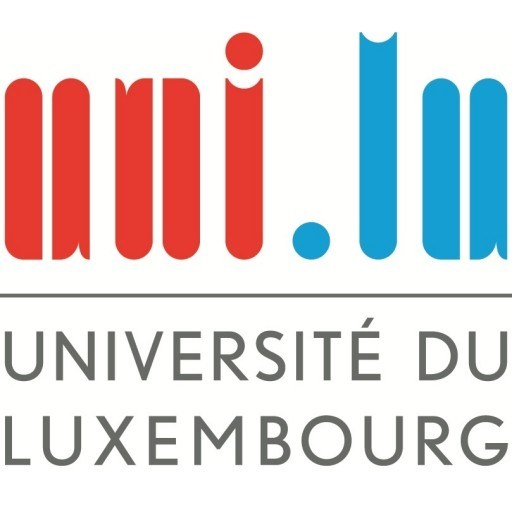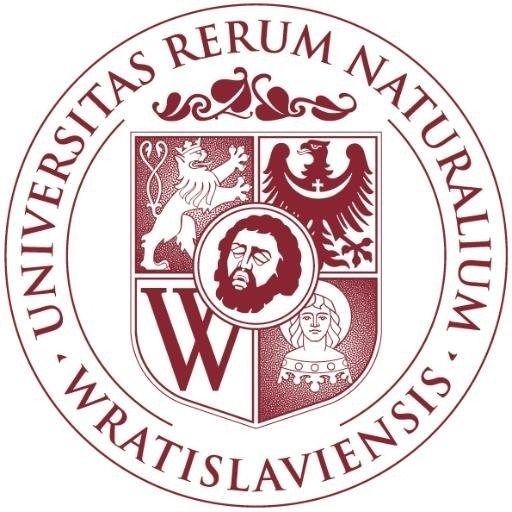Photos of university / #cambridgeuniversity
The Bachelor of Veterinary Medicine (BVetMed) at the University of Cambridge is a highly regarded and comprehensive program designed to prepare students for a professional career in veterinary medicine. This rigorous undergraduate course provides students with an in-depth understanding of animal biology, health, and welfare, alongside the scientific and clinical skills necessary for effective veterinary practice. The program combines theoretical knowledge with practical experience, ensuring that graduates are well-equipped to address diverse challenges in animal healthcare and welfare.
Throughout the course, students explore a wide range of subjects, including zoology, physiology, pathology, pharmacology, and ethics of veterinary medicine. The curriculum emphasizes a multidisciplinary approach, integrating biological sciences with clinical skills training. Students benefit from state-of-the-art laboratories, clinical facilities, and clinical placements, allowing them to develop hands-on experience in diagnosing and treating animals across different species. The program also promotes critical thinking, problem-solving abilities, and professionalism, which are essential qualities for veterinary practitioners.
The BVetMed program at Cambridge is distinguished by its focus on research-driven education, encouraging students to engage with current scientific developments and to contribute to advancements in veterinary medicine. Small class sizes and close interaction with experienced faculty foster a supportive learning environment, enabling personalized mentorship and professional development. The program is structured to meet the requirements of the Royal College of Veterinary Surgeons (RCVS), ensuring graduates are eligible for registration as veterinary surgeons.
Graduates of this program are well-prepared to enter into successful careers in veterinary practice, academia, research, or other related fields. They also have opportunities to specialize further through postgraduate study or professional development programs. The University of Cambridge's reputation for academic excellence, combined with its strong emphasis on ethical and compassionate veterinary care, makes it a premier choice for students aspiring to make a meaningful impact in animal health and welfare worldwide.
This is a research-only degree with no taught elements.
| One to one supervision |
Every research student has a Principal Supervisor and an Advisor. The number of hours of formal supervision will vary depending on the student, supervisor and project . The University of Cambridge publishes an annual Code of Practice which sets out the University's expectations regarding supervision. |
|---|---|
| Seminars & classes |
The student is expected to attend journal clubs and departmental seminars. Other classes are decided by student and supervisor and the number of hours is not set. |
| Practicals |
None except research project work. |
| Small group teaching |
The number of hours is not set, except that there is a minimum requirement for generic skills training. |
| Journal clubs |
Minimum of one per month. |
| Literature_reviews |
Usually one in the first third of the year. |
| Posters |
Students are expected to present a seminar to the Department towards the end of their MPhil. They may also participate in the bi-annual Departmental research days by presenting posters and/or short oral presentations. |
Feedback
Students can expect to receive a formal online feedback report from their supervisor once per term. More informal feedback from supervisor will be provided as required.
Assessment
Thesis
This course is examined by dissertation and viva. The dissertation must be no longer than 20,000 words and must satisfy the examiners that the candidate can design and carry out an original investigation, assess and interpret the results obtained, and place the work in the wider context of the subject.
Essays
You will be given informal feedback on your literature review.
- Magistr (Master's Degree) at Pass level. Diploma Specialista (completed post-1991) with a minimum overall grade of good or 4/5 Bachelor's from Moscow Institute of Physics and Technology and other prestigious institutions with an overall grade of 4/5 Bologna Bachelor's from other institutions with an overall grade of 5/5, Excellent
- Diploma Specialista (completed post-1991) with a minimum overall grade of Excellent or 5/5 Bachelor's from Moscow Institute of Physics and Technology and other prestigious institutions with an overall grade of 5/5
- IELTS (Academic) 7.0
- TOEFL Internet Score 100
- £50 application fee
- First Academic Reference
- Second Academic Reference
- Transcript
- CV/Resumé
- Personal Reference.
The University of Cambridge offers a Veterinary Medicine program that is primarily funded through a combination of UK government funding, private scholarships, and student contributions. For domestic students from the UK and the EU, the program is often eligible for government-backed student loans, which cover tuition fees and provide maintenance funding to support students' living costs throughout the duration of their studies. These loans are repaid gradually once the student graduates and reaches a certain income threshold. International students, however, are generally responsible for their tuition fees without access to UK government loans, and many finance their studies through private means, including sponsorships, family support, or international scholarships.
The university itself provides a limited number of bursaries and scholarships geared toward outstanding applicants and those demonstrating financial need. These grants can help offset tuition costs and, in some cases, provide additional funds for study materials or living expenses. Prospective students are encouraged to explore external funding options available through national and international organizations, veterinary associations, and charitable foundations, many of which offer scholarships specifically for students pursuing veterinary medicine.
Students are also advised to consider part-time work opportunities available on or near the university campus, which can contribute to personal expenses and reduce dependence on loans or family support. The cost of studying Veterinary Medicine at Cambridge includes tuition fees, which vary depending on the student's domicile, as well as expenses for accommodation, books, equipment, and living costs. The university continuously reviews its financial support policies to ensure accessibility for talented students from diverse backgrounds.
In summary, financing the Veterinary Medicine degree at the University of Cambridge involves a blend of government loans for domestic students, private funding, scholarships, bursaries, and personal income. Prospective students are encouraged to thoroughly research the available options well in advance of application to develop a comprehensive funding plan for their studies.
The undergraduate Veterinary Medicine program at the University of Cambridge is a highly esteemed course designed to prepare students for a career in veterinary science. The program typically spans six years and aims to provide a comprehensive education combining scientific knowledge with practical skills necessary for veterinary practice. Students in the program are introduced to various aspects of animal health, disease prevention, diagnosis, and treatment, emphasizing both small and large animals.
The curriculum is structured to include core subjects such as anatomy, physiology, biochemistry, microbiology, pharmacology, and pathology, which form the scientific foundation necessary for understanding animal health and disease. In addition to theoretical coursework, students engage in extensive clinical training through practical placements at affiliated veterinary hospitals and farms, enabling them to develop hands-on skills under the supervision of experienced veterinary surgeons.
Throughout the course, there is a strong emphasis on professional ethics, animal welfare, and veterinary public health. The program also encourages interdisciplinary learning, incorporating elements of animal behavior, epidemiology, and veterinary public health policy. Students have access to state-of-the-art laboratories and clinical facilities, which support their learning and research activities.
Admission to the program is highly competitive, requiring excellent academic records, particularly in sciences such as biology and chemistry, as well as relevant veterinary or animal-related experience. The university looks for candidates demonstrating strong communication skills, a genuine interest in animal health, and a commitment to ethical veterinary practice.
Graduates of the Cambridge Veterinary Medicine program are well-equipped to pursue careers in clinical practice, research, animal conservation, or veterinary public health. Many alumni go on to work in private veterinary clinics, research institutions, or governmental agencies, contributing to advancements in veterinary medicine and animal welfare worldwide.
The university also offers opportunities for further specialization through postgraduate studies in areas such as veterinary pathology, microbiology, or specialized clinical practice. The educational environment at Cambridge fosters a culture of academic excellence, innovation, and lifelong learning, making it a top choice for aspiring veterinary professionals.
Overall, the Cambridge Veterinary Medicine program combines rigorous scientific education with extensive practical experience, preparing students to meet the complex challenges of modern veterinary medicine and contribute significantly to animal health and welfare.










